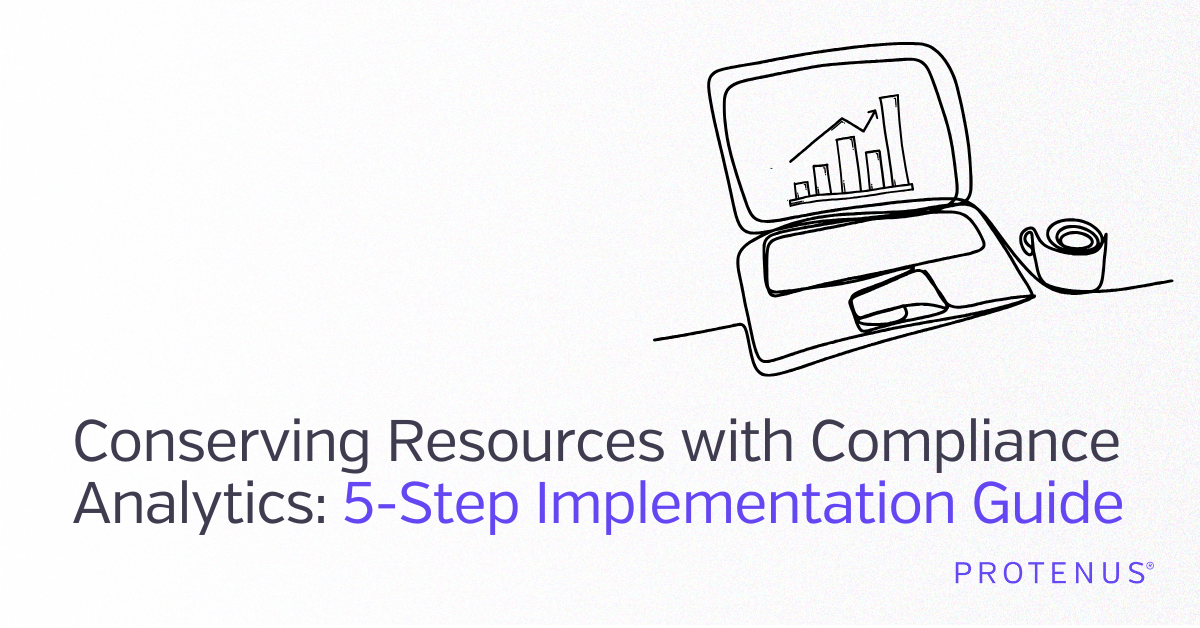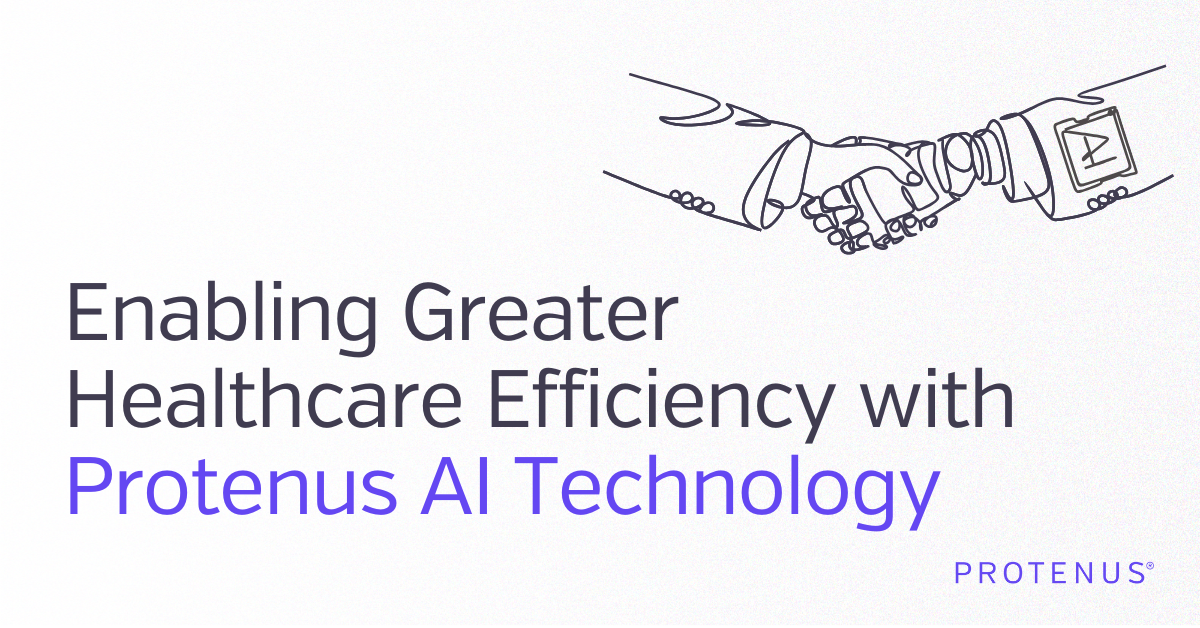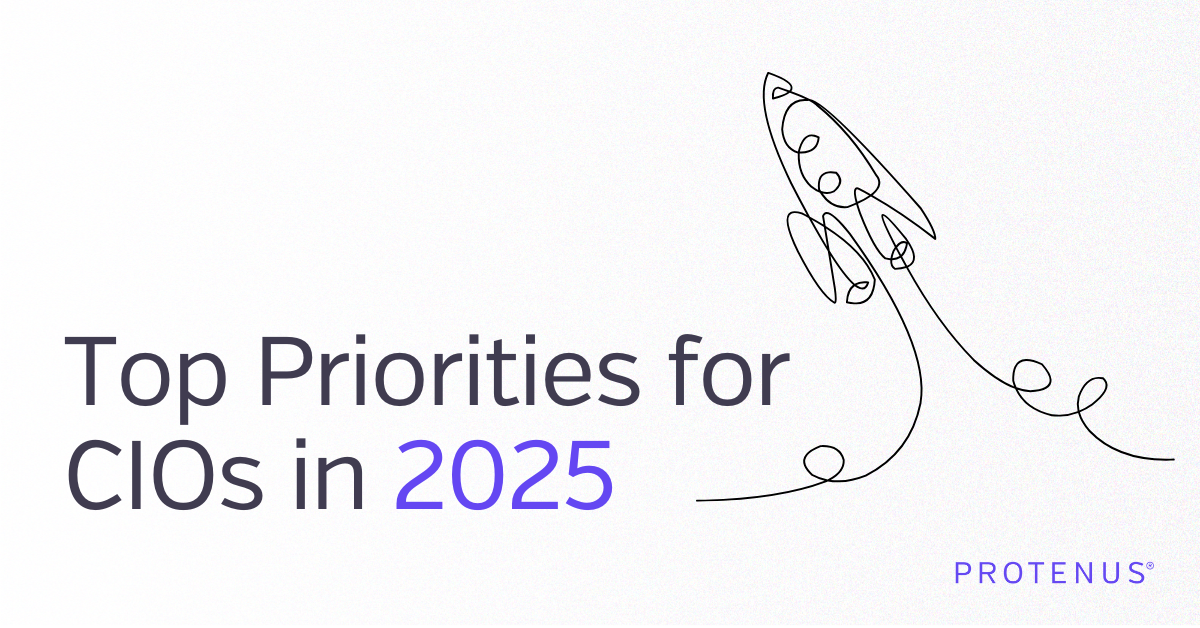Share this

What People Operations Means to Protenus
by Megan Emhoff, Chief People Officer, Protenus on June 26, 2018
Early stage companies get a lot of advice about how to build a successful team, and hiring someone to head up Human Resources (HR) isn’t usually at the top of the list. But regardless of the size, industry, or stage of growth, every company can benefit from a thoughtful approach when it comes to the human element of business.
I’m the first to admit that HR gets a bad rap, and sometimes for good reason. Traditional HR is a product of the industrial era and has been associated with unnecessary bureaucracy, draconian policies, and ineffective, meaningless training. It’s no wonder that people often have a negative reaction to human resources.
So when we set out to establish People Operations at Protenus, it was important that it reflect and nurture the authentic culture here. This meant that, among other things, People Operations needed to be agile, prioritize collaboration, and emphasize transparency. From the beginning, it was also important to establish that while People Operations would provide many of the same internal services as traditional HR, the real value would be in strategic contributions that drive measurable results across the company.
Before we could begin to build a function to support people across the company, I realized that I needed to have a deep understanding of the culture and our strategic priorities. So one of the first things I did after joining the company was embark on a ‘listening tour’. I met individually with everyone at the company to gain a better understanding of how teams work, the skills and communication systems in place, and what members of the team were thinking about the most. At the same time, I knew that I needed develop an intimate understanding of our strategic business goals, so I spent a lot of time learning about our technology and diving into our finances, sales projections, and customer support documentation.
As I concluded the listening tour to help inform my initial priorities, it was clear that our company values are the root of how every team functions at Protenus. These values guided the development of some general operating principles for People Operations that reflected the culture already in place at Protenus. While not exhaustive, some of them include:
- Use data to inform hiring decisions
- Develop common-sense policies and trust people to use good judgement
- Gather insight on team and employee effectiveness
- Empower employees by offering tools/resources vs. enforcing strict rules and hierarchy
- Offer valuable benefits with a demonstrated ROI, rather than ‘perks’
- Approach performance management and retention proactively
My first six months at Protenus have been focused on learning about the inner workings of our business, understanding our priorities, recruiting fantastic new people to join our team, and establishing some of the basic infrastructure and processes needed for our next phase of growth. People Operations will always be responsible for many of the things associated with traditional HR: insurance, benefits, recruiting, performance management, but agile People Operations means also tackling tough strategic questions like: How do we measure the value of a diverse team? How can we onboard new hires in a way that promotes autonomy but also provides a firm foundation? What tools do leaders need to effectively manage a team? What do our values mean in practice?
Research shows that investing in People Operations early has a powerful and long-lasting effect on how a company evolves and performs. Investing in people isn’t just the right thing to do: equally important, it’s also good for business.
No matter what you call it - HR, people operations, talent operations, it all comes down to some of the same things: Using data to make decisions, empowering teams by adding capacity, removing blockers or establishing processes, and nurturing the culture of your company as it scales so it can continue to support all of the incredible people on the team. At Protenus, we know that this early investment of time and effort will set us up for success as we continue to rapidly grow. I am excited to see what comes next.
Share this
- December 1, 2024 (3)
- November 1, 2024 (1)
- October 1, 2024 (2)
- September 1, 2024 (1)
- August 1, 2024 (1)
- July 1, 2024 (1)
- June 1, 2024 (1)
- May 1, 2024 (1)
- March 1, 2024 (2)
- February 1, 2024 (3)
- January 1, 2024 (1)
- December 1, 2023 (1)
- November 1, 2023 (3)
- October 1, 2023 (3)
- September 1, 2023 (1)
- August 1, 2023 (1)
- July 1, 2023 (2)
- April 1, 2023 (1)
- March 1, 2023 (1)
- February 1, 2023 (1)
- December 1, 2022 (3)
- November 1, 2022 (3)
- October 1, 2022 (1)
- September 1, 2022 (1)
- August 1, 2022 (2)
- June 1, 2022 (4)
- May 1, 2022 (5)
- April 1, 2022 (1)
- March 1, 2022 (4)
- February 1, 2022 (3)
- November 1, 2021 (2)
- October 1, 2021 (3)
- September 1, 2021 (3)
- August 1, 2021 (3)
- July 1, 2021 (4)
- June 1, 2021 (2)
- May 1, 2021 (2)
- April 1, 2021 (2)
- March 1, 2021 (5)
- February 1, 2021 (1)
- January 1, 2021 (1)
- December 1, 2020 (1)
- November 1, 2020 (2)
- October 1, 2020 (2)
- September 1, 2020 (3)
- August 1, 2020 (2)
- July 1, 2020 (2)
- June 1, 2020 (6)
- May 1, 2020 (3)
- April 1, 2020 (4)
- March 1, 2020 (2)
- February 1, 2020 (4)
- January 1, 2020 (2)
- December 1, 2019 (2)
- November 1, 2019 (1)
- October 1, 2019 (1)
- September 1, 2019 (1)
- August 1, 2019 (1)
- June 1, 2019 (1)
- April 1, 2019 (1)
- February 1, 2019 (1)
- January 1, 2019 (1)
- December 1, 2018 (2)
- November 1, 2018 (2)
- October 1, 2018 (2)
- September 1, 2018 (3)
- August 1, 2018 (1)
- July 1, 2018 (2)
- June 1, 2018 (2)
- May 1, 2018 (1)
- April 1, 2018 (1)
- March 1, 2018 (2)
- February 1, 2018 (6)
- January 1, 2018 (2)
- September 1, 2017 (2)
- August 1, 2017 (2)
- June 1, 2017 (2)
- May 1, 2017 (1)
- April 1, 2017 (1)
- March 1, 2017 (2)
- February 1, 2017 (5)
- January 1, 2017 (2)
- December 1, 2016 (3)
- November 1, 2016 (5)
- October 1, 2016 (4)
- September 1, 2016 (8)
- August 1, 2016 (4)
- July 1, 2016 (4)
Subscribe by email
You May Also Like

Conserving Resources with Compliance Analytics: A 5-Step Implementation Guide

Enabling Greater Healthcare Efficiency with Protenus AI Technology

.png?width=1000&height=140&name=Bluesight%20%2B%20Protenus%20Logo%20%20(1).png)